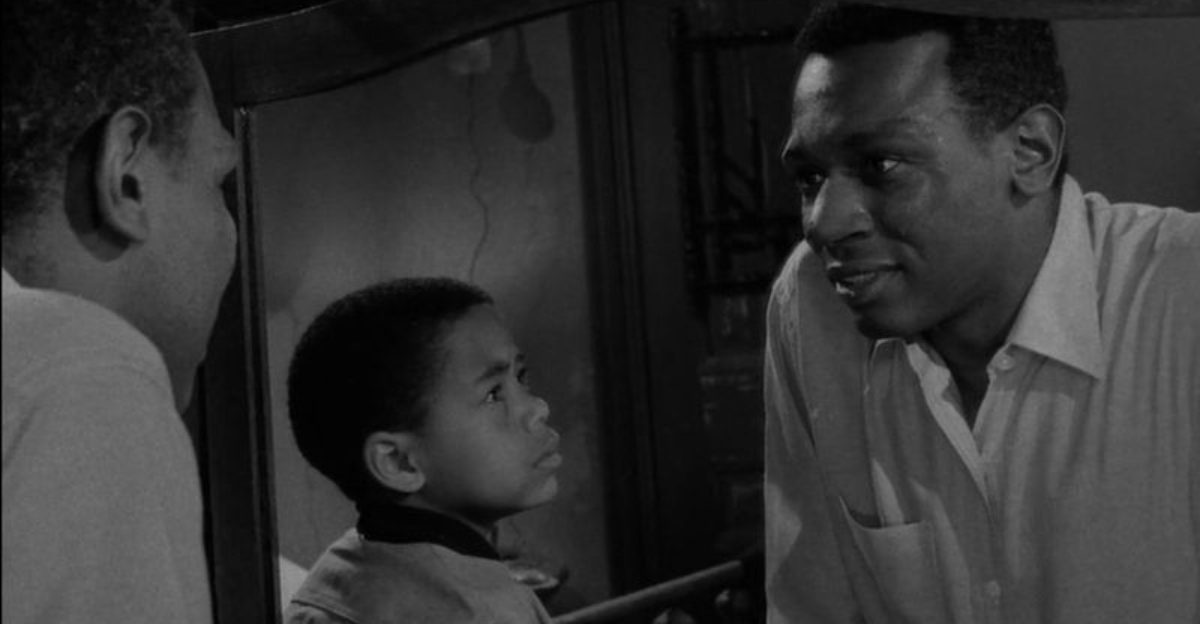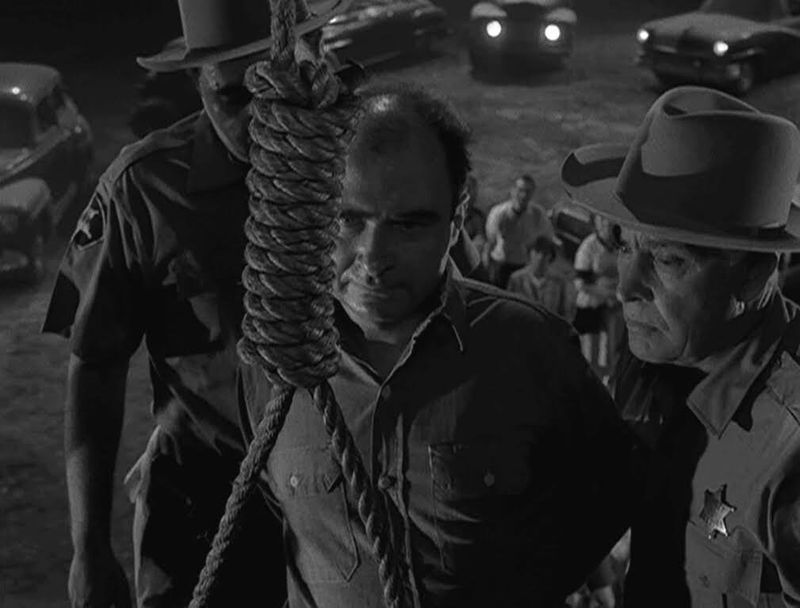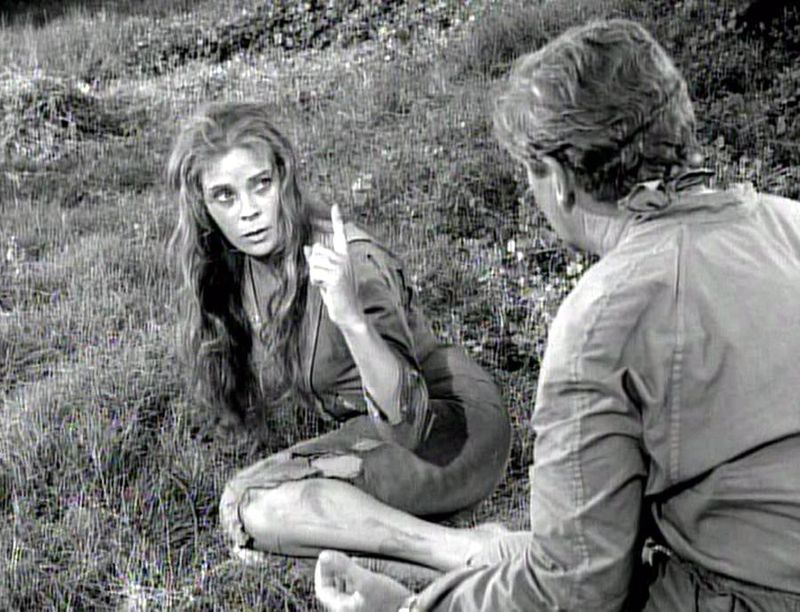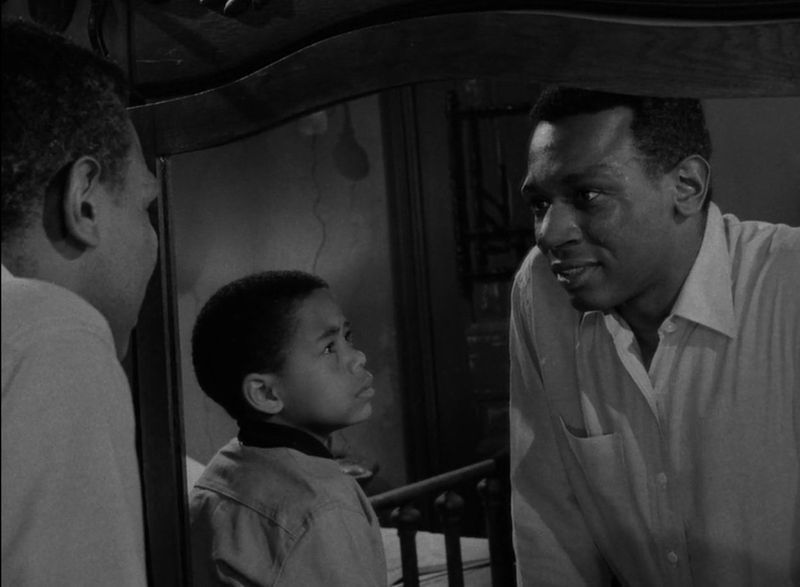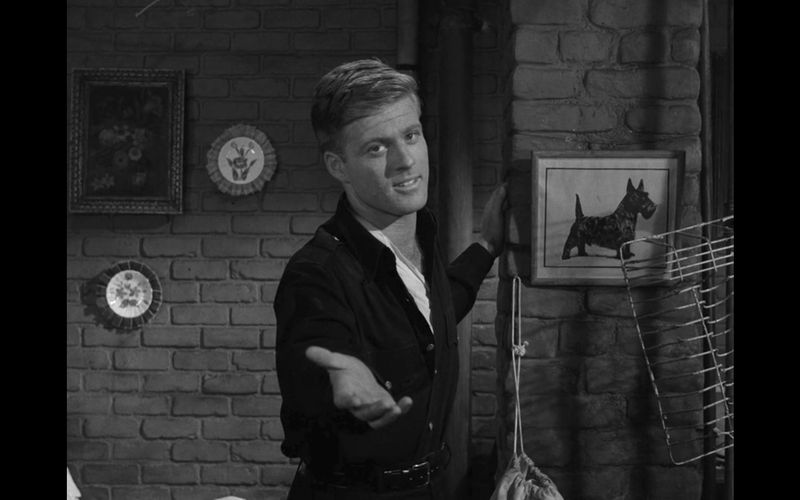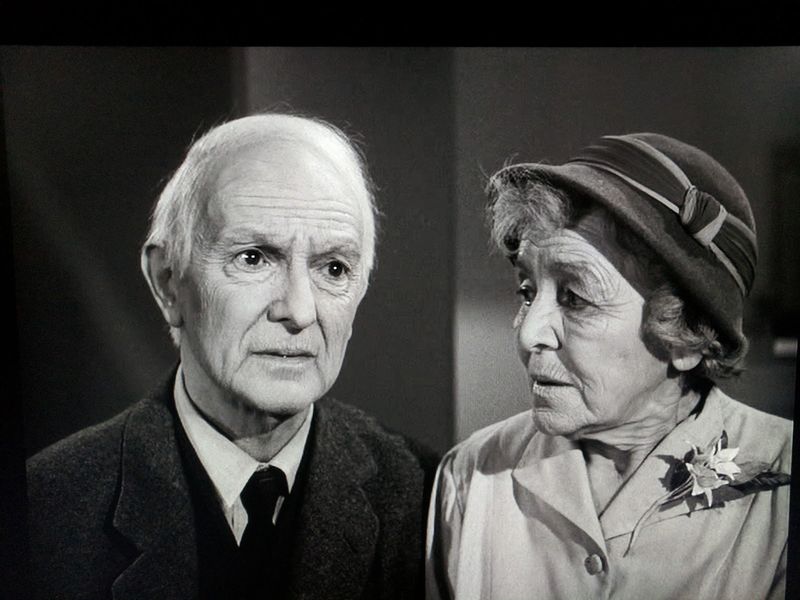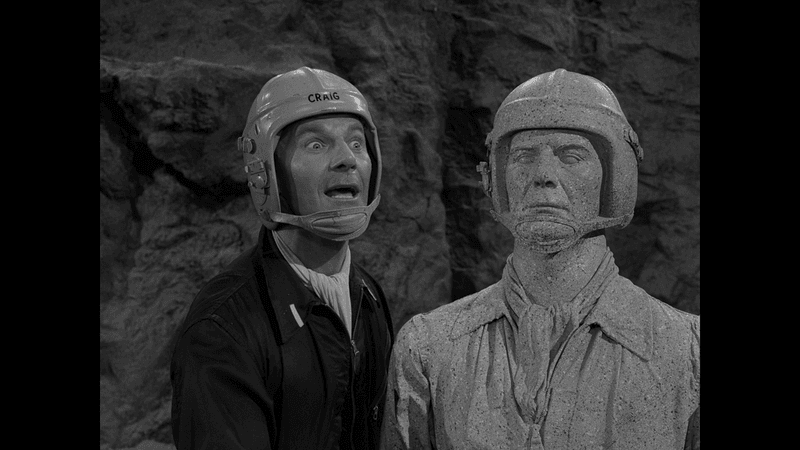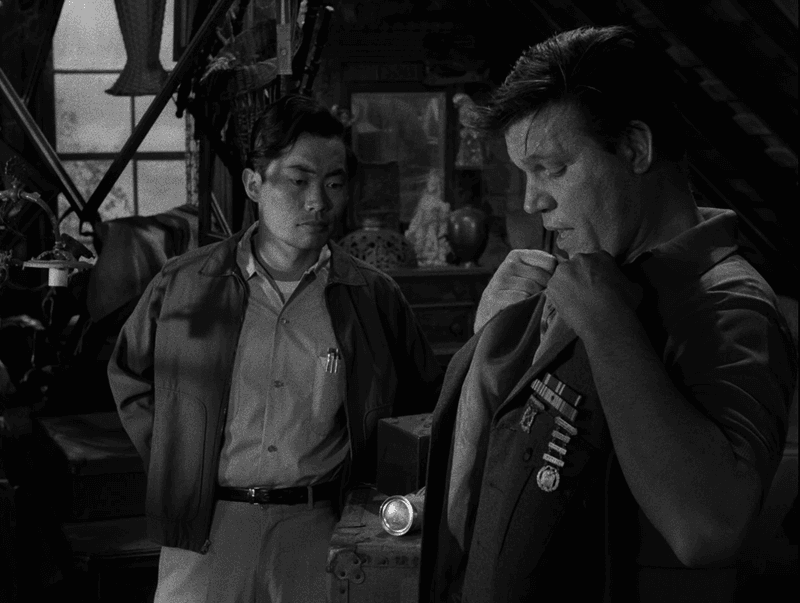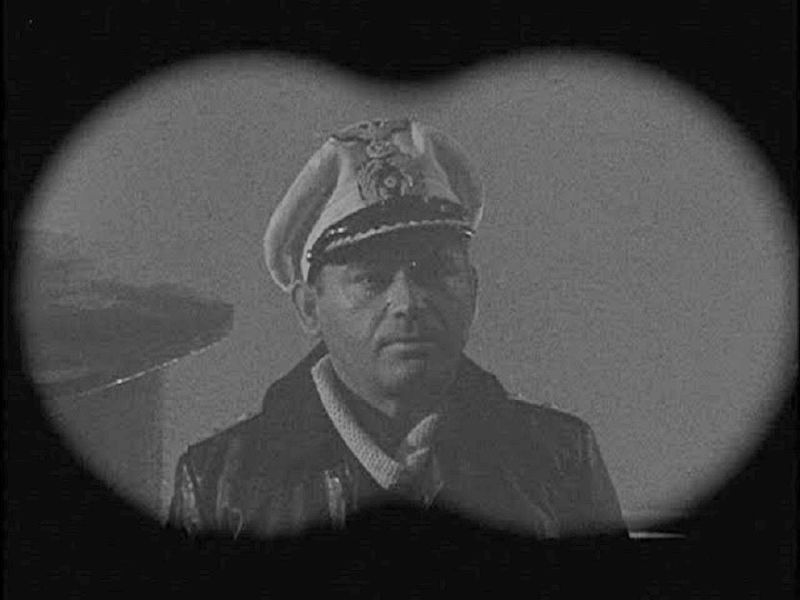Rod Serling’s ‘The Twilight Zone’ wasn’t just a sci-fi masterpiece—it was a playground for reimagining ancient biblical tales with modern twists.
The show cleverly disguised moral lessons from scripture within eerie, supernatural scenarios that still make us think today.
These ten episodes brilliantly transformed biblical stories into spine-tingling parables for the television age.
1. The Howling Man: A Devil in Plain Sight
A mysterious monastery harbors a prisoner who claims innocence, but the monks insist he’s Satan himself. When traveler David Ellington frees the captive out of compassion, he learns too late that appearances deceive.
The episode brilliantly reimagines how easily evil can disguise itself as goodness. Just as Satan appears as an angel of light in scripture, the Howling Man transforms from pitiful prisoner to the Prince of Darkness once freed.
2. I Am the Night—Color Me Black: Darkness of the Soul
As dawn breaks on execution day, the sun never rises over a hateful town. The unnatural darkness spreads as the execution proceeds, engulfing everything in pitch black.
Serling’s masterful retelling of the Egyptian plague of darkness shows how hatred can literally block out light. The physical darkness mirrors the spiritual darkness in people’s hearts—a powerful visual metaphor for how prejudice blinds humanity.
3. Probe 7, Over and Out: Genesis on Another World
After his planet is destroyed, astronaut Colonel Cook crash-lands on a strange world. There he meets Eve Norda, another refugee from a different doomed civilization.
Their names? In her language, Adam and Eve. Their new home? A lush paradise where they’ll start humanity anew. This clever spin on Genesis imagines how the biblical creation story might repeat itself across the cosmos.
4. The Big Tall Wish: Faith that Moves Mountains
Henry, a washed-up boxer, is knocked out cold during his comeback fight. Yet somehow, he wins—because a young boy named Bolie made a “big tall wish” for him.
When Henry can’t accept this miracle, reality reverts. The episode hauntingly portrays Christ’s teaching that faith like a child’s can move mountains, while adult skepticism destroys miracles. Bolie’s pure belief briefly transforms reality before adult disbelief unravels it.
5. Nothing in the Dark: Death’s Gentle Face
Elderly Wanda Dunn has barricaded herself inside her apartment, terrified of meeting “Mr. Death.” When she rescues an injured policeman, she doesn’t realize she’s invited Death himself inside.
Robert Redford’s portrayal of Death as kind and reassuring flips Ecclesiastes’ grim view of mortality into something beautiful. Rather than fearsome, Death appears as a gentle guide helping Wanda cross over with dignity and peace.
6. The Fear: Pride Before the Fall
A state trooper and a woman believe they’re facing a giant alien invasion. Their terror escalates as massive footprints and a towering shadow suggest an enormous creature hunting them.
The twist? Their “giant” alien deflates to tiny size once confronted—it was merely creating illusions of grandeur. Like the Tower of Babel story, the episode warns against humanity’s arrogance when facing the unknown.
7. The Trade-Ins: Youth at a Terrible Price
Elderly couple John and Marie Holt visit the “New Life Corporation,” which offers to transfer their consciousnesses into young, healthy bodies. The catch? They can only afford one transformation.
John’s selfless decision to remain old with his wife rather than enjoy youth alone echoes Eden’s forbidden fruit. The episode questions whether immortality without love is worth the price, suggesting that shared humanity—even with suffering—trumps solitary perfection.
8. The Little People: False Gods and Fallen Angels
Astronaut Peter Craig discovers a civilization of microscopic people while stranded on a distant planet. Rather than showing kindness, he declares himself their god, forcing them to build monuments to him.
His partner leaves in disgust, but karma arrives swiftly. Craig meets true giants who treat him exactly as he treated the tiny people. This modern take on Isaiah’s fallen angel narrative shows how quickly power corrupts.
9. The Encounter: Sins That Haunt Generations
A Japanese-American man and a WWII veteran find themselves trapped in an attic with a haunted samurai sword. As tensions rise, hidden sins from both men’s pasts emerge—the veteran stole the sword after killing its owner, while the younger man’s father was a Pearl Harbor spy.
Like Exodus’s warning that sins pass through generations, neither man can escape history’s burden. Their fatal confrontation shows how unresolved guilt festers across time.
10. Judgment Night: The Eternal Punishment
German U-boat captain Carl Lanser finds himself aboard a British passenger ship during WWII with no memory of how he got there. He experiences increasing dread as he realizes the ship will be torpedoed at 1:15 AM.
The horrifying revelation? He’s the submarine captain who sank this very ship, now condemned to relive his victims’ terror for eternity. This brilliant reimagining of the Wandering Jew myth creates a perfect hell—forcing the perpetrator to forever experience his victims’ suffering.
